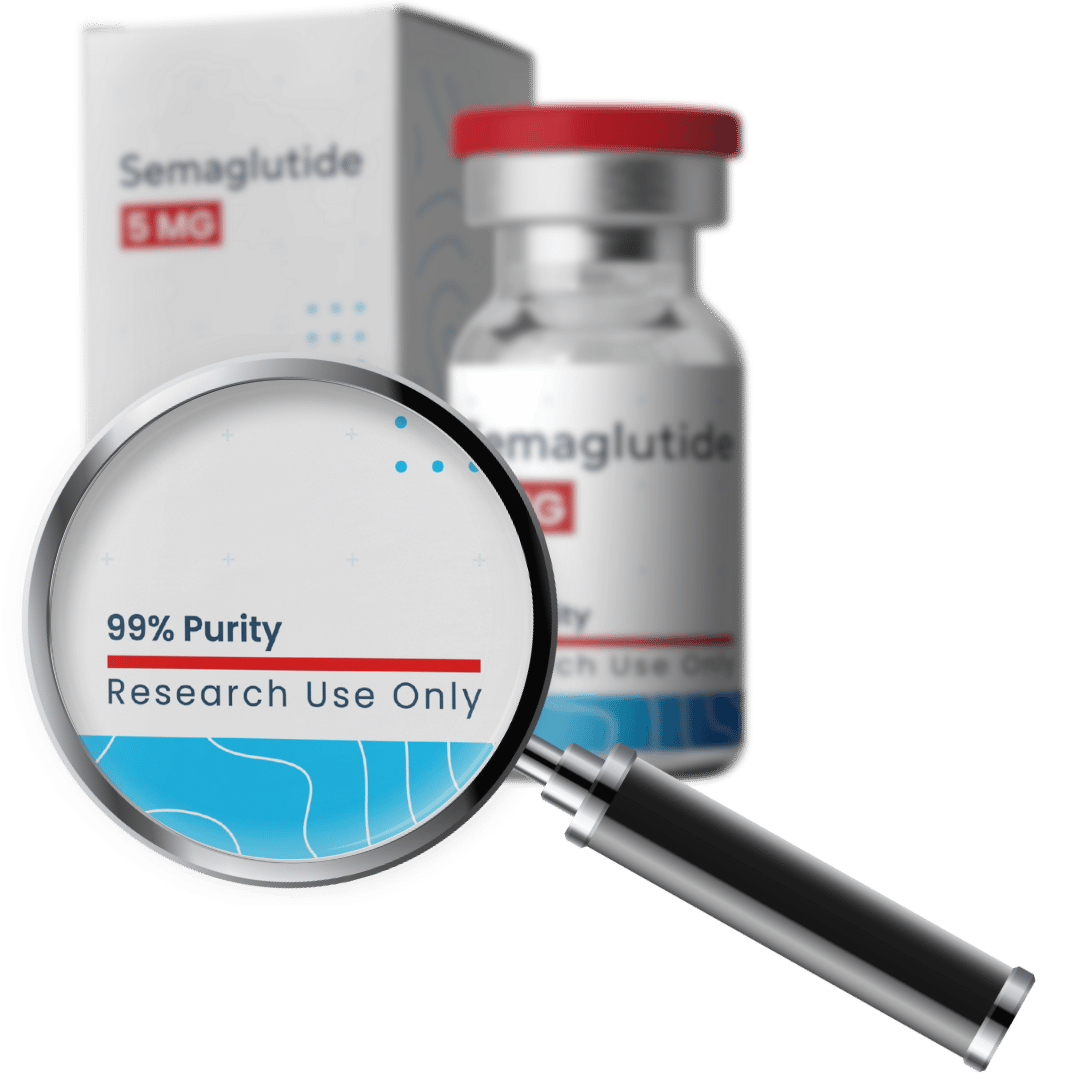Enhancing Health Outcomes: The Benefits of Specialized Diabetes Care
 0
0
Posted: Thu November 21 12:38 PM PST
Member: Olivia Buitone
Tags: health
Introduction
When faced with a diagnosis of diabetes, the array of treatment options can be overwhelming. Yet, amidst the numerous general medications and therapies available, there lies a specialized approach that could dramatically shift your management of this chronic condition—specializing in GLP-1 receptor agonists like semaglutide and liraglutide. These medications not only offer control over blood sugar levels but also bring several additional health benefits that might not be as prominent in other treatments.
Why focus on GLP-1 receptor agonists? Imagine a treatment that not only helps manage your blood sugar but also aids in weight loss and cardiovascular health—a rare but invaluable combination in diabetes care. This opening section aims to draw you into a deeper understanding of how specialized diabetes care can elevate treatment standards and patient outcomes. By honing in on specific medications, patients receive a tailored therapy aligned with their health needs and lifestyle goals. Let's explore how this focused approach to diabetes treatment can transform lives. Semaglutide for sale discover semaglutide injection purchase options on semabio.
Understanding GLP-1 Receptor Agonists
GLP-1 (Glucagon-like peptide-1) receptor agonists are a class of drugs that mimic the action of the natural hormone GLP-1, which is involved in the regulation of blood sugar levels. By stimulating insulin production in response to high blood sugar levels, these medications not only ensure better glycemic control but also slow down gastric emptying and reduce appetite. Drugs like semaglutide and liraglutide have been revolutionary in the treatment landscape of type 2 diabetes, offering benefits that extend beyond mere blood sugar regulation.
These drugs are unique because they address several aspects of diabetes care:
- Enhanced blood sugar control: They reduce high postprandial glucose levels by enhancing insulin secretion.
- Weight management: They help reduce appetite and food intake, aiding in weight loss which is often beneficial for type 2 diabetes patients.
- Cardiovascular health: Some studies suggest that GLP-1 receptor agonists can reduce the risk of major cardiovascular events, making them a preferred choice for patients with cardiovascular risk factors.
This detailed understanding not only highlights their utility in diabetes management but also underscores the importance of specialized care in achieving comprehensive health outcomes.
The Impact of Specialization in Medical Treatment
In the realm of healthcare, specialization can be a game-changer, especially for conditions as complex and varied as diabetes. Specializing in GLP-1 receptor agonists allows healthcare providers to deepen their expertise, staying abreast of the latest research, advancements, and treatment methodologies specific to these drugs. This specialization fosters a higher standard of care, with providers becoming adept at tailoring treatments to individual patient needs based on nuanced understanding of drug interactions and patient responses.
The benefits of such focused care include:
- Customized treatment plans: Providers can offer more personalized care, adjusting treatments based on individual patient responses and health profiles.
- Improved patient outcomes: With specialized knowledge, providers can predict complications and effectively manage side effects, leading to better overall health outcomes.
- Increased patient trust and satisfaction: When patients receive care from specialists who understand the complexities of their specific condition, it builds trust and satisfaction, crucial components of successful long-term disease management.
Comparative Advantages of Specialized Pharmacies
Specialized pharmacies that focus solely on GLP-1 receptor agonists bring several advantages over general pharmacies. These include expert knowledge of product storage, handling, and administration, which are vital to the efficacy of these medications. Additionally, specialized pharmacies can provide targeted educational resources to help patients understand their treatment regimen and manage their condition effectively.
Key advantages include:
- Expert advice: Pharmacists at specialized stores are well-equipped to advise on the nuances of GLP-1 treatments, from dosing strategies to minimizing side effects.
- Support services: Many specialized pharmacies offer support services such as consultations and follow-up calls to ensure patients are effectively managing their treatment.
- High-quality standards: Focusing on a narrower range of products allows for stringent quality control, ensuring that medications are stored and dispensed under optimal conditions.
Patient Stories and Testimonials
Hearing from others who have walked the same path can be incredibly reassuring. This section would delve into real-life stories of individuals who have experienced significant health improvements thanks to specialized GLP-1 receptor agonist treatments. These narratives underscore the tangible benefits of specialized care, offering new perspectives and hope to those considering or currently on these treatments.
- Case study 1: A patient who achieved not only better glycemic control but also substantial weight loss, which dramatically improved their quality of life.
- Case study 2: A patient with a history of cardiovascular issues who found that their condition stabilized after starting on GLP-1 receptor agonists, highlighting the cardiovascular benefits of these drugs.
Conclusion
Specializing in GLP-1 receptor agonists represents a promising avenue in diabetes care that aligns with a broader movement towards personalized medicine. By focusing on this specific class of medications, providers can offer high-quality, nuanced care that addresses not just the symptoms of diabetes but also its underlying causes and associated health risks. For patients, choosing providers and pharmacies that specialize in their treatment type can make a significant difference in their health outcomes and overall well-being. Engaging with specialized care is more than a medical decision; it's a step toward a more managed and health-oriented lifestyle.
This approach to diabetes care is not just about managing a condition—it's about transforming lives through dedicated expertise and support.
Comments
Please login above to comment.

